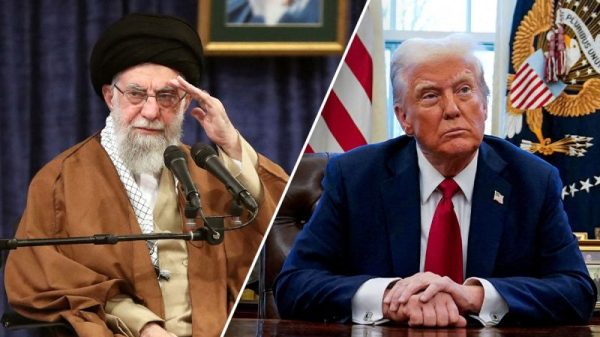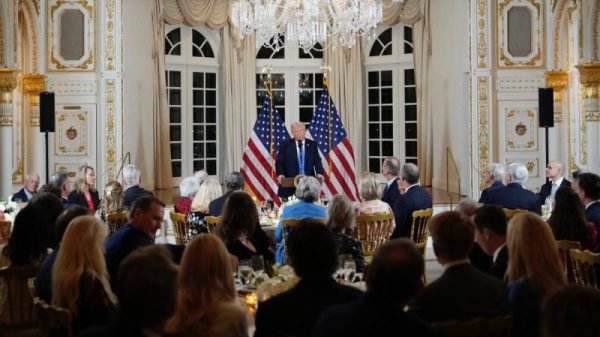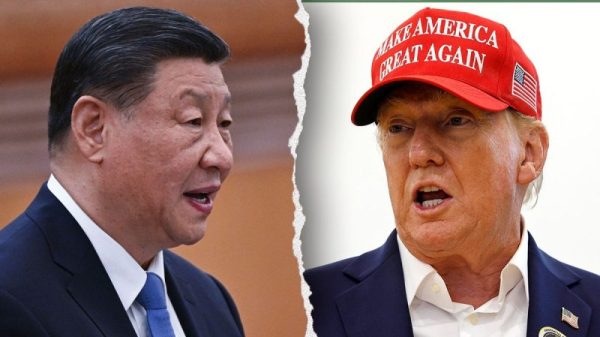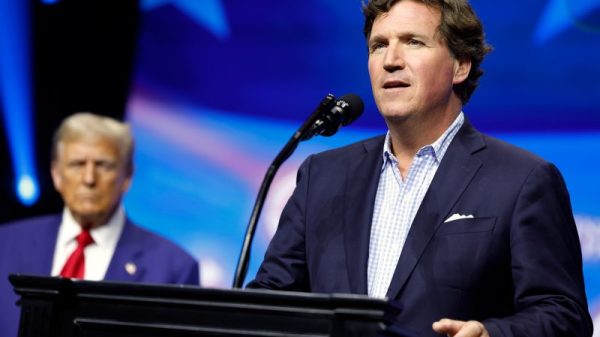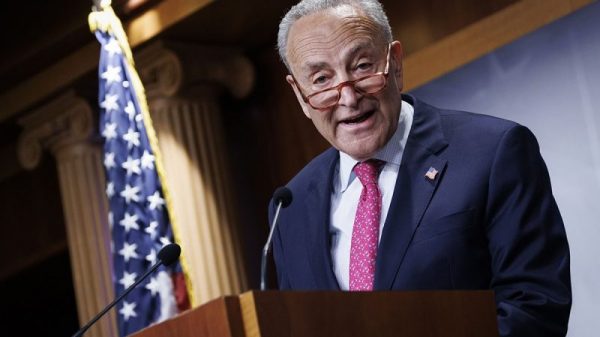The global trade war is intensifying as the United States enforces tariffs on major trading partners. This move has prompted retaliatory measures from China, Canada, and Mexico, increasing economic uncertainty worldwide. The U.S. aims to correct trade imbalances and protect domestic industries, but the impact on global supply chains and markets remains significant.
Why the U.S. Imposed Tariffs
The U.S. administration introduced 25% tariffs on goods from Canada and Mexico, while Chinese imports face 10% levies. The primary reasons include:
- Reducing trade deficits
- Countering unfair trade practices
- Addressing intellectual property concerns
- Responding to illicit drug distribution
In response, Canada and Mexico secured a temporary 30-day tariff pause, agreeing to strengthen border security and immigration controls.
China’s Countermeasures
Unlike Canada and Mexico, China retaliated aggressively by imposing tariffs on U.S. exports, including:
- 15% tariff on coal and liquefied natural gas LNG
- 10% tariff on crude oil and heavy machinery
- Restrictions on rare earth mineral exports
Additionally, China has placed export controls on critical minerals essential for high-tech products and listed certain U.S. companies as “unreliable entities,” restricting their operations within China. 
Market Reactions and Economic Impact
The trade war is affecting global markets, causing volatility in:
- Stock indices
- Currency exchange rates
- Commodity prices
The Canadian dollar and Mexican peso have shown temporary gains, while Asian markets remain unstable due to China’s stance. Analysts warn of potential disruptions in supply chains, rising consumer prices, and lower investor confidence.
Conclusion
The intensifying global trade war is escalating as the U.S. imposes tariffs, prompting China, Canada, and Mexico to respond with retaliatory actions. Consequently, this situation highlights the fragile nature of international economic relations. As a result, nations must now carefully navigate trade policies and economic strategies. Moreover, with increasing uncertainty, the global community is closely watching developments unfold. In the meantime, analysts warn that these trade disputes could trigger major economic shifts. Ultimately, businesses and policymakers must prepare for potential disruptions in the financial landscape.
The post Global Trade War: U.S. Tariffs and China’s Retaliation appeared first on FinanceBrokerage.



